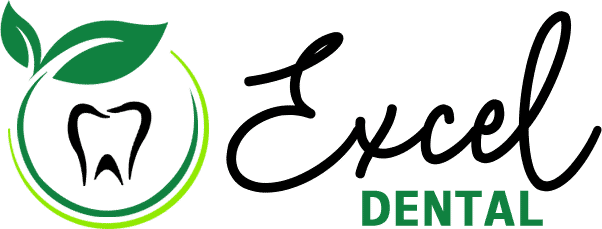A variety of antibiotics are available for the treatment of gum disease, each with its own set of pros and cons. The choice of antibiotic depends on the particular type of bacteria involved, as well as the patient’s overall health and medical history. Some antibiotics are taken orally, while others are applied directly to the gums.
In general, antibiotics work by killing or inhibiting the growth of bacteria. However, they can also kill beneficial bacteria that live in the mouth, leading to side effects such as dry mouth, bad breath, and an increased risk of cavities. Antibiotics can also interact with other medications that a person is taking, so it is important to talk to a dentist or doctor before starting any new medication.
Gum disease is a serious condition that can lead to tooth loss and other health problems. While antibiotics can be an effective treatment option, they should be used carefully and only as prescribed by a dental professional or doctor
What is Gum Disease?
Gum disease is an infection of the gums that can progress to affect the bone supporting the teeth. Gum disease is caused by plaque, a sticky film of bacteria that forms on teeth. If plaque is not removed, it can harden into tartar, which leads to gum inflammation. Symptoms of gum disease include red, swollen, or bleeding gums. If left untreated, gum disease can damage the gums, bones, and connective tissue around teeth.
There are two main types of gum disease: Gingivitis is a mild form of gum disease that only affects the gums. Periodontitis is a more serious form of gum disease that can damage the gums, bones, and connective tissue around teeth.
Antibiotics are commonly used to treat infections and they can also be used to treat gum disease. There are two main types of antibiotics used to treat gum disease: systemic antibiotics and localized antibiotics. Systemic antibiotics are taken by mouth in pill or liquid form and they work throughout the body to fight infection. Localized antibiotics are applied directly to the gums and they work locally to fight infection.
The use of antibiotics for treating gum disease has both pros and cons. The biggest pro is that antibiotics help to kill bacteria that cause infection. This can help to reduce symptoms and improve oral health overall. However, there are also some potential downsides to using antibiotics for treating gum disease
Causes of Gum Disease
Gum disease is caused by a build-up of plaque on the teeth. Plaque is a sticky film of bacteria that forms on the teeth and gums. If plaque is not removed, it can harden into tartar. Tartar can only be removed by a dentist or dental hygienist.
Plaque and tartar irritate the gums and cause them to become inflamed. This is called gingivitis. Gingivitis is usually not painful, but it can lead to gum disease if it is not treated.
Gum disease occurs when the inflammation from gingivitis spreads to the tissues and bones that support the teeth. This can make the gums pull away from the teeth, forming pockets, and eventually leading to tooth loss. Gum disease is usually painless in the early stages.
Antibiotics for Gum Disease Treatment
There are many possible treatments for gum disease, and antibiotics are one option. Antibiotics can be taken orally or applied directly to the gums. They work by killing the bacteria that cause gum disease.
Source: Joseph R Nemeth DDS
The pros of using antibiotics for gum disease treatment include that they are often effective at reducing inflammation and preventing further damage to the gums. Antibiotics can also help to reduce the size of some gum infections. The cons of using antibiotics for gum disease treatment include that they can have side effects, such as nausea, diarrhea, and vomiting. Long-term use of antibiotics can also lead to antibiotic resistance. Therefore, it is important to talk to your dentist about the pros and cons of using antibiotics for your particular case of gum disease before starting any treatment.

Pros and Cons of Antibiotic Treatment
While antibiotics can be an effective treatment for gum disease, there are also some potential drawbacks to consider. Here are some pros and cons of antibiotic treatment for gum disease:
Pros:
1. Antibiotics can help to reduce inflammation and kill bacteria that cause gum disease.
2. They can be an effective treatment for both mild and severe cases of gum disease.
Cons:
1. Antibiotics can have side effects, such as gastrointestinal upset, diarrhea, and allergic reactions.
2. They may not be effective against all types of bacteria that cause gum disease.
3. Overuse of antibiotics can lead to the development of antibiotic-resistant bacteria.
Conclusion
Antibiotics can be an effective treatment for gum disease if administered properly. However, due to the potential side effects and risks of antibiotic overuse, it is important to discuss with your dentist what the best course of action would be before beginning a course of antibiotics. Additionally, regular dental care needs to continue even while taking antibiotics in order to maintain good oral health and prevent further complications from developing.


